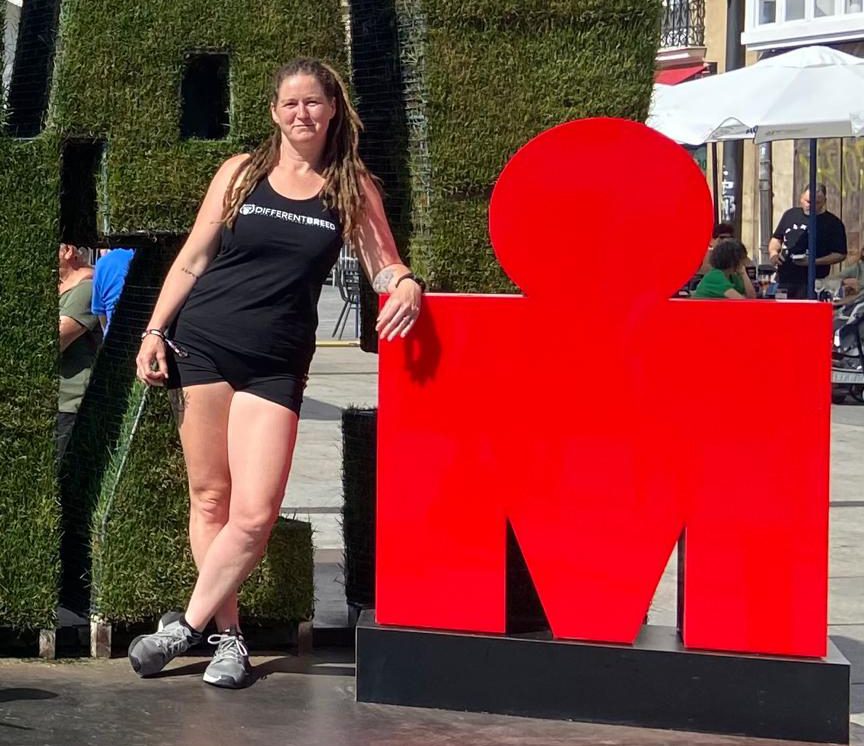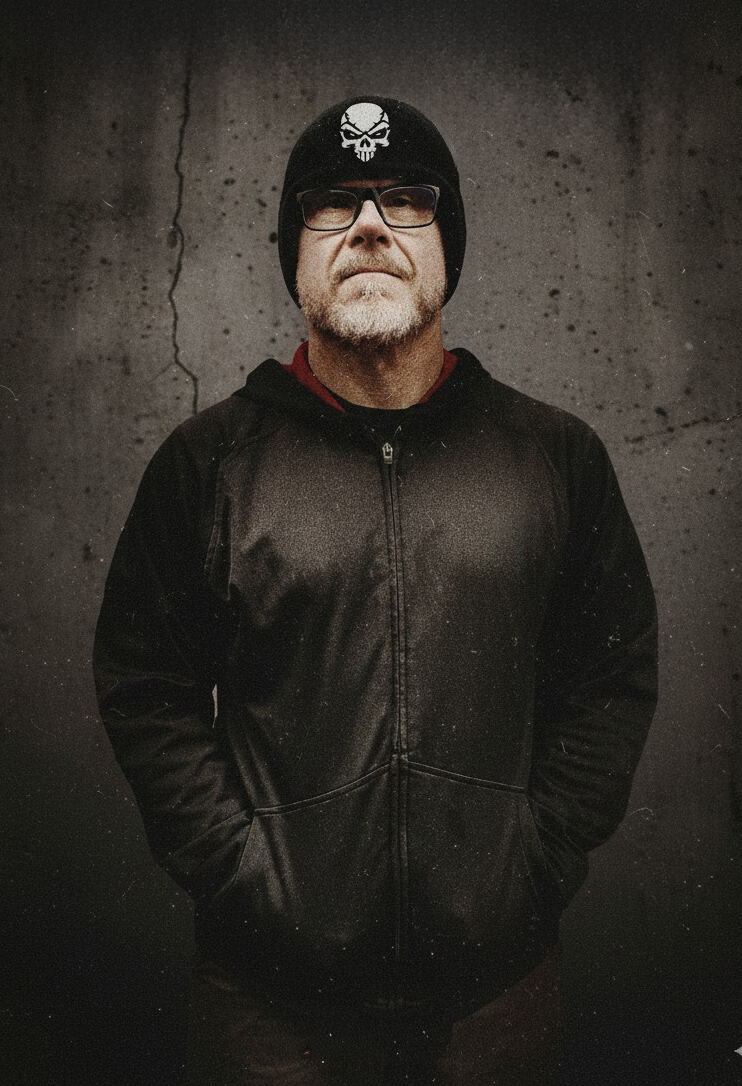Do You Really Need a Coach? The Brutal Truth About Accountability, Ego & Progress
You might think you’ve got your training handled. But if you’re serious about growth, a coach brings two things you can’t fake: accountability and uncomfortable honesty.
You can wing it, follow Garmin prompts and ‘suggested workouts’, or build your own plan. But without real accountability, real feedback, and someone to call your bullshit, most athletes stay stuck. Here’s why having a coach may be the smartest move you make.
"Think about anyone truly great - anyone at the top of their game. Now try to name one who isn’t coached in some way. Exactly."-- Liza (Different Breed)
Most runners believe they can self-coach. Some can. Many can’t. The question isn’t whether you’re capable, it’s whether you’re leaving growth on the table by avoiding the one thing that makes all the difference: true accountability.

I’ve seen plenty of great athletes swear they’ve figured out how to get the best out of themselves. And maybe some do. But every time I hear it, I quietly wonder: How much better could they be if someone else was holding the reins?
Let’s get this straight. I have a coach. A real coach. Not a $59.99 “life coach” off Instagram who promises to manifest your business success if you just chant the right affirmations. I’m talking about someone who knows me, my body, my goals, and my bullshit. And she holds me accountable whether I like it or not.
The first — and probably most important — thing a coach brings is accountability. Most of us are great at making excuses. “It’s raining.” “I’m tired.” “Work’s been busy.” You know the script. But when someone you respect gives you a 10-mile run and expects to see the numbers — you do it. Because you don’t want to disappoint them. Or yourself.
That’s why you’ll hear people say: “Have a training partner. Find someone equally committed. You’ll push each other.” The truth is, most of us need that extra push on the days when motivation alone won’t cut it.
And yes — some people are jerks. Like the dog owner today who let his retractable lead block the entire path. One part of me wanted to deliver a full four-letter review of his existence. But I just kept running — because venting at idiots doesn’t make you fitter.
Back to coaches. Beyond accountability, a real coach brings knowledge and experience. They’ve studied. They’ve read the science. They’ve worked with other athletes. They know what actually works. If you want to improve your triathlon times, don’t hire a gymnastics coach. Find someone with experience in your world.
But it’s not just about science. A good coach reads you as an individual. They know when to say: “Shut up. Get on with it.” And when to say: “No – today, you rest.”
If your coach can’t read you? Find another one. If you don’t respect your coach? Find another one. If your coach is just your buddy who tells you what you want to hear? You’re not being coached — you’re being coddled.
I trust my coach – Liza at Different Breed. She’s not just a coach; she’s a friend. But that friendship doesn’t get me off the hook. She’s proven she has my back – especially in those dark, cold miles when everything feels like shit. And because I value that friendship, I refuse to disrespect her by slacking off.
Another reason you hire a coach? Perspective.
When I first started heart rate training, I hated it. I’d spent years running too hard, too often, thinking that’s what real training looked like. The problem? I plateaued. My fitness wasn’t improving – I was just maintaining. Recreational runner purgatory.
Once I started Zone 2 training under Liza’s guidance, my ego got crushed. I was running so slow I got overtaken by two elderly ladies one day. They passed me with a polite “Good morning.” Months later, I smoked the same pair (that showed them!) and returned the “Good morning.” but in that first moment, it was brutal for the ego.
Zone 2 takes time – at least six weeks before your body adapts. You feel like you’re walking. Your heart rate spikes just climbing a slight hill. You question everything. But if you trust the process, something incredible happens: you run faster at lower heart rates.
Today, I’m cruising 8:30 miles at 139 bpm that is comfortably at the bottom of my Zone 2 – while chatting into my phone mid-run. I’m 57. I’ll take that.
Could I have figured this out myself? Maybe. But it would’ve taken years longer, with a lot more frustration and wasted effort. A coach cuts that learning curve dramatically, if you let them.
In the end, can you self-coach? Sure. But be honest — are you coaching yourself? Or just lying to yourself?
The takeaway (without fries)
– A coach isn’t about cheerleading. They’re about keeping you honest when your ego tries to take shortcuts. You can fool a smartwatch. You can’t fool someone who knows your patterns and cares enough to call you out.
Your Turn: The Brutal Coach Audit
-
Ask yourself honestly: am I improving – or just maintaining?
-
Evaluate your excuses – who calls you out on them?
-
If you work with a coach, are they pushing you or coddling you?
-
If you don’t have one, consider whether professional guidance might shortcut years of trial and error.
I’ll keep sharing more of these hard-earned lessons as I prep for World’s Toughest Mudder. Follow along if you’re building your own grit – and if you want a coach who knows how to balance brutal honesty with real support, check out Liza at Different Breed. She’s the real deal.

